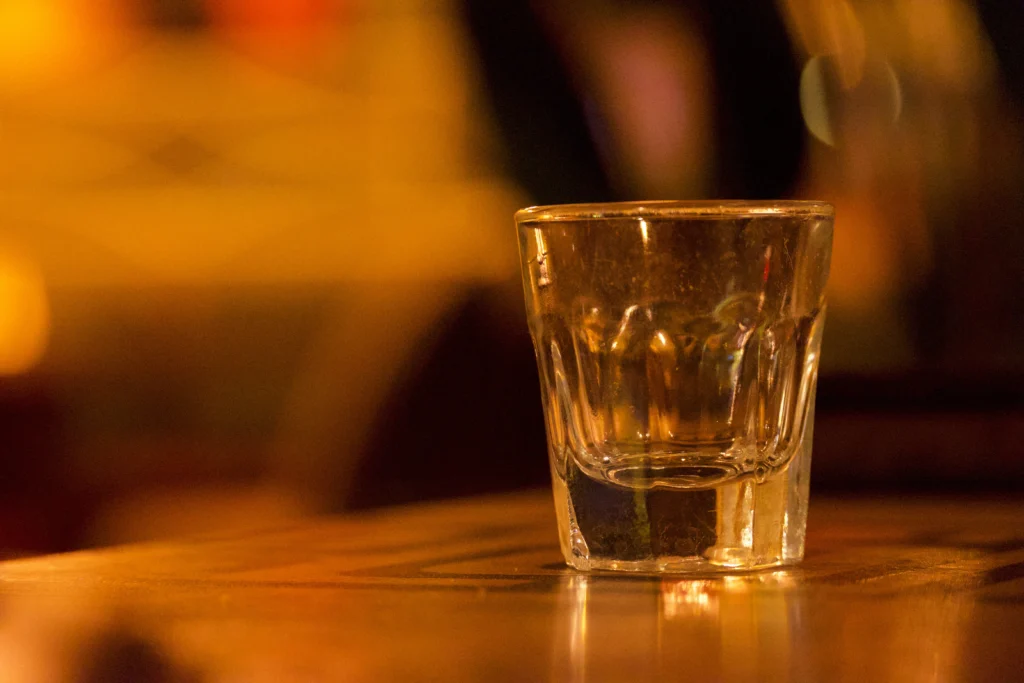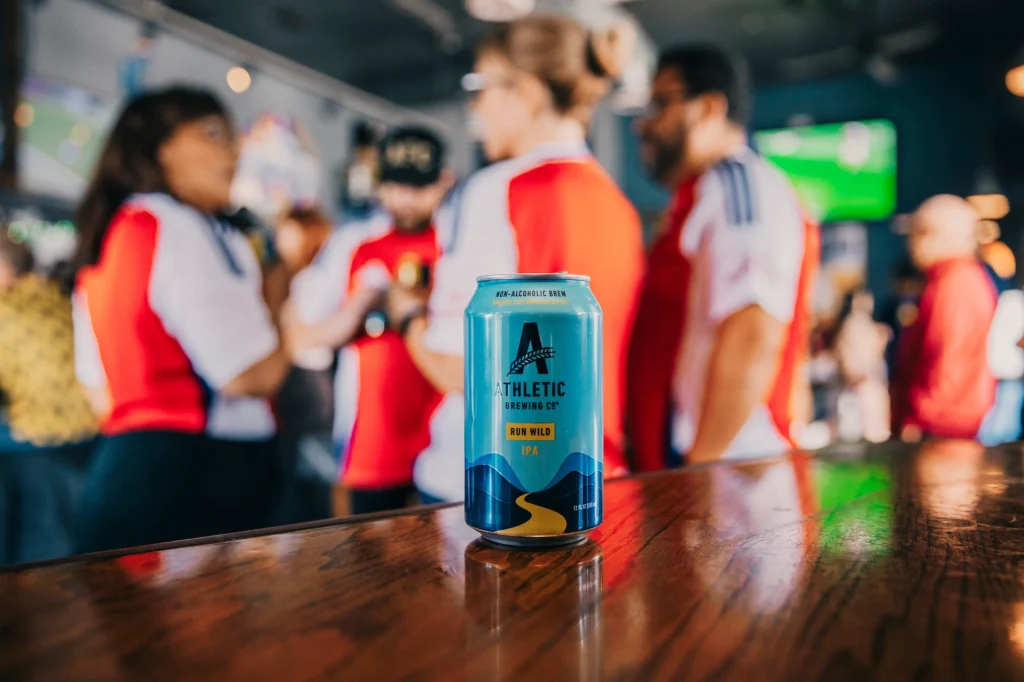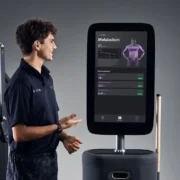A new study suggests GLP-1 drugs like Ozempic and Wegovy may slow alcohol absorption and dull intoxication, adding another twist to the sober-curious wellness movement
The world’s buzziest drugs might literally make it harder to catch a buzz.
A small but telling new study suggests that GLP-1 medications like Ozempic and Wegovy may slow how quickly alcohol enters the bloodstream and make drinkers feel less drunk.
The research, published this week in Scientific Reports, is among the first controlled tests in people to examine whether GLP-1 drugs alter alcohol’s effects throughout the body rather than only the brain.
Researchers from Virginia Tech and the Fralin Biomedical Research Institute recruited 20 adults with obesity (half on GLP-1 drugs like semaglutide, liraglutide or tirzepatide and half not taking them) and gave everyone a standardized “challenge dose” of alcohol designed to reach about 0.08 g/dL on a breathalyzer.
Then they tracked how fast participants’ breath alcohol levels rose and how drunk they felt.
Those on GLP-1s showed a slower climb in breath alcohol, especially during the first 20 minutes, and reported feeling less intoxicated early on. The differences evened out after an hour, but overall exposure was lower for the GLP-1 group. In short, the meds appeared to slow alcohol absorption and dull the buzz.

“Why would this matter? Faster-acting drugs have a higher abuse potential,” assistant professor and interim co-director of the institute’s Center for Health Behaviors Research Alex DiFeliceantonio said. “They have a different impact on the brain. So if GLP-1s slow alcohol entering the bloodstream, they could reduce the effects of alcohol and help people drink less.”
The finding backs up what earlier lab and survey work hinted at: that GLP-1 drugs might dampen alcohol cravings or reduce intake. In this study, participants on the drugs also reported lower cravings overall, while the control group’s appetite jumped after drinking.
The authors believe the effect could stem from slowed gastric emptying, a known GLP-1 side effect that keeps food (or in this case booze) in the stomach longer before it’s absorbed in the upper intestine. Alcohol isn’t absorbed efficiently in the stomach, so that delay means less of a sudden spike in the bloodstream.
The result might sound technical, but it’s potentially seismic. If future trials confirm it, GLP-1 medications could become an unexpected tool for reducing alcohol use, or at least reshaping the drinking experience.
Of course, this was a tiny pilot. The study involved 20 participants, most of whom were white women with an average age of 36 and a BMI of approximately 38. It wasn’t randomized, and participants were already taking their prescribed GLP-1s for at least 30 days. Still, it gives scientists a roadmap for larger, placebo-controlled trials that could test whether these drugs truly blunt alcohol’s addictive potential.
Interestingly, the study traces its origins to a faculty retreat at Virginia Tech’s Fralin Biomedical Research Institute, where researchers first asked whether GLP-1s might alter not just appetite but alcohol absorption itself. The late Warren Bickel, who led the Addiction Recovery Research Center until his passing in 2024, helped shape the idea.
The project was built on his team’s earlier analysis of Reddit posts, where users taking diabetes and weight-loss drugs reported fewer alcohol cravings. Graduate researcher Fatima Quddos, the study’s first author, said Bickel’s focus on delayed rewards inspired their approach.
“His guidance shaped every stage of this research,” she said in Virginia Tech’s release.
Co-author DiFeliceantonio called the project bittersweet, her last collaboration with Bickel, but one that reflects his drive to translate behavioral science into real-world impact.
“He was always asking, ‘How do we help people the fastest?’” she said. “Using a drug that’s already been proven safe to help people reduce drinking could be one way to do that.”

The timing couldn’t be more on-trend. Non-alcoholic beverages are booming and Gen Z is leading the moderation movement. If GLP-1s make drinkers less sensitive to alcohol’s perceived rewards, the shift could accelerate, nudging even more consumers toward low-proof cocktails, functional “social tonics,” and sparkling adaptogens that already dominate the modern bar.
While the Virginia Tech researchers zeroed in on how GLP-1 drugs might alter alcohol absorption, companies in the behavior-change space may have a leg up on what (potentially) comes next.
At a recent UBS wellness event, Noom sharpened its identity beyond a simple weight-loss app to a broader preventive-health platform grounded in behavioral science. The telehealth company, which prescribes GLP-1 medications, stresses that every prescription is paired with coaching and psychological tools to help users build sustainable habits for long-term success.
It’s a mix that appears to work. At the event, Noom’s chief financial officer Jean Clifton noted that Noom members using GLP-1s are nearly three times (2.7×) more likely to achieve 10% weight loss through its combined approach. And while Noom hasn’t ventured into addiction or alcohol-use treatment, its behavioral framework could eventually evolve to support more than weight loss, particularly if GLP-1 medications prove effective in helping people drink less.



